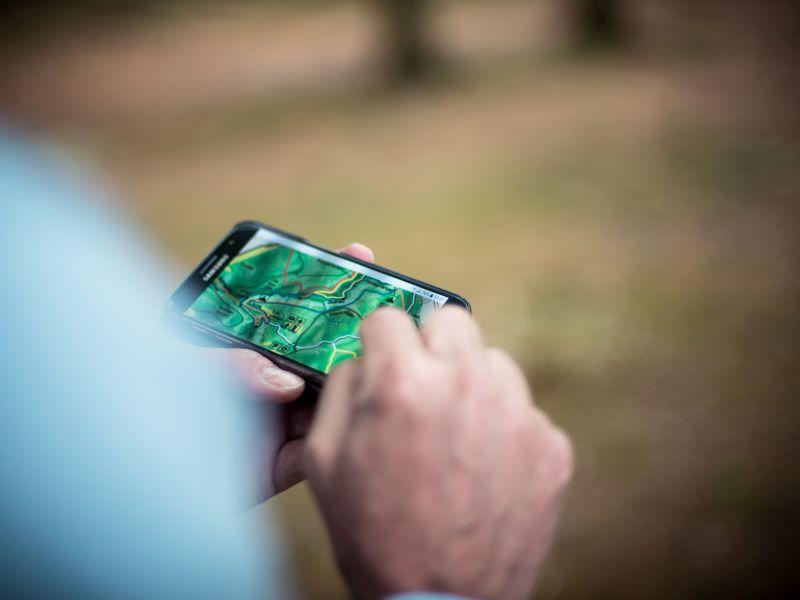
Experiential education through a simulated summit to combat human trafficking
You may also like
How can we offer experiential education to students during online and hybrid teaching? As professors and higher education institutions aim to increase student engagement and participation, it is important to identify creative ways of assisting students in improving their research and public-speaking skills, teamwork and sense of community.
For students on my online course in international law who were located on three continents – Asia, Africa and Europe – I devised a simulated online summit to achieve those aims. In this article, I describe key strategies for successful experiential education, using a summit experience. These strategies are especially pertinent for professors in law, international studies, political science, history, criminology and sociology. However, they can be applied in other fields, including communications.
- Lessons in helping remote students obtain practical work experience
- Challenge-based learning: design and delivery in undergraduate courses
- Using project-based learning to boost student motivation and engagement
Our simulation of an Association of Southeast Asian Nations (Asean) summit to combat human trafficking ran for five hours. Students were assigned one of the 10 Asean member states – Indonesia, Malaysia, Thailand, Cambodia, Brunei Darussalam, Vietnam, Myanmar, Lao PDR, the Philippines and Singapore. The aim was to identify ways those states could set aside political, financial and cultural differences and work together towards a common goal of eliminating human trafficking across the region, with a particular focus on women and children.
1. What do you need to consider before setting up an experiential education project?
Select a major issue. I chose human trafficking as it is a serious issue that threatens nations’ security and that of their populations, and requires significant bilateral, regional and international cooperation. Through their research, students became aware of the pervasiveness of this issue and the severity of the human rights violations experienced by human trafficking victims, which significantly increased their engagement with the content.
Identify appropriate methodology. The methodology applied in this simulation was semiotics, defined as the study of signs and symbols in all forms of communication. Using semiotics, students attempt to decode the terminology employed in legal instruments, notably regional treaties, and the discussions among state representatives. The aim is for students to see beneath the surface and identify the hidden meanings in legal discourse. For educators who may not have expertise in semiotics, I recommend the recently published Bloomsbury Semiotics, edited by Jamin Pelkey.
Adopt a holistic approach to problem-solving. It’s important to get students to think of concrete solutions to address problems. Human trafficking cannot be tackled simply through law reform or awareness-raising. Students were therefore asked to describe the measures adopted by their country in the following fields: 1) criminal justice and law reform; 2) collaboration for travel and borders; 3) awareness-raising; 4) training professionals; and 5) the tourism industry.
2. What are practical tips for setting it up?
During the summit preparation, I drew on my experiences working as a child rights project officer at the Unicef Office of Research in Florence, Italy, and with the UN Committee on the Rights of the Child in Geneva, Switzerland, to underscore the importance of decorum and professionalism. For educators who may not have practical experience in this field, I recommend my forthcoming chapter, “Students making meaning – teaching legal semiotics in the context of international law”, in Frank Fleerackers’ book The Rearguard of Subjectivity: In Honor of Jan M. Broekman.
Remind students to stay in character. We discussed the importance of the formality of exchanges between state representatives and how students should be in character throughout the simulation, regardless of their own viewpoints.
Ensure online tools are working well. Although this advice might seem obvious, we sometimes tend to focus more on the content than the format, and with online teaching, technology is essential.
Start preparing the simulation early in the semester. It is never too early to discuss the topic, criteria and your expectations.
Flexibility. Students may wish to select a specific country and teammates, and you may have slightly different team sizes as a result – that’s OK because the goal is to get them engaged with the simulation.
3. Results of the simulated summit
This simulation encouraged students to conduct significant research on the implementation of the ASEAN Convention Against Trafficking in Persons, Especially Women and Children at the domestic level. Many went above and beyond in identifying concrete solutions to address this issue. Students developed teamwork skills in allocating and sharing tasks in preparation for the summit. In their anonymous student evaluations, they overwhelmingly mentioned the simulation, noting that it was “very interesting and valuable”, “a collaborative learning experience”, “novel, well designed and fun”, and a great way to put “knowledge into practice”. The simulation helped in building a sense of community and belonging for students within the virtual classroom across continents, cultures and languages.
As a result of this successful simulation, I was awarded the prestigious Advance Higher Education Global Impact Grant, which is conferred on 10 professors worldwide who demonstrate enhanced learning, teaching, leadership and equality in higher education.
Clara Chapdelaine-Feliciati is associate professor at Xi’an Jiaotong-Liverpool University and a licensed lawyer (barrister and solicitor) with the Law Society of Upper Canada.
If you found this interesting and want advice and insight from academics and university staff delivered direct to your inbox each week, sign up for the THE Campus newsletter.




